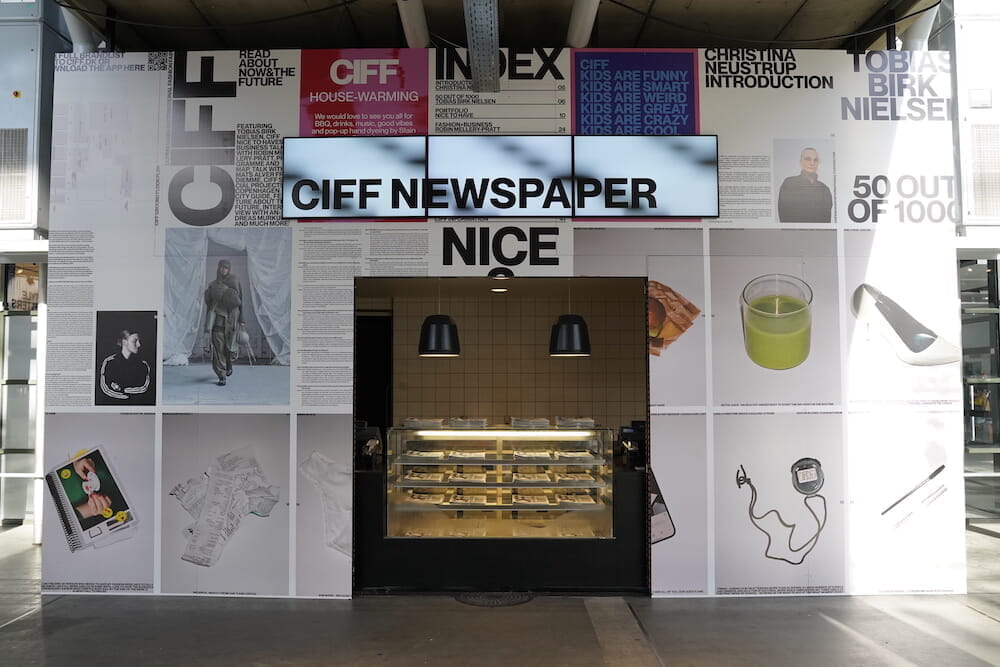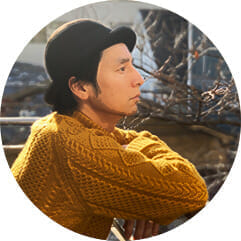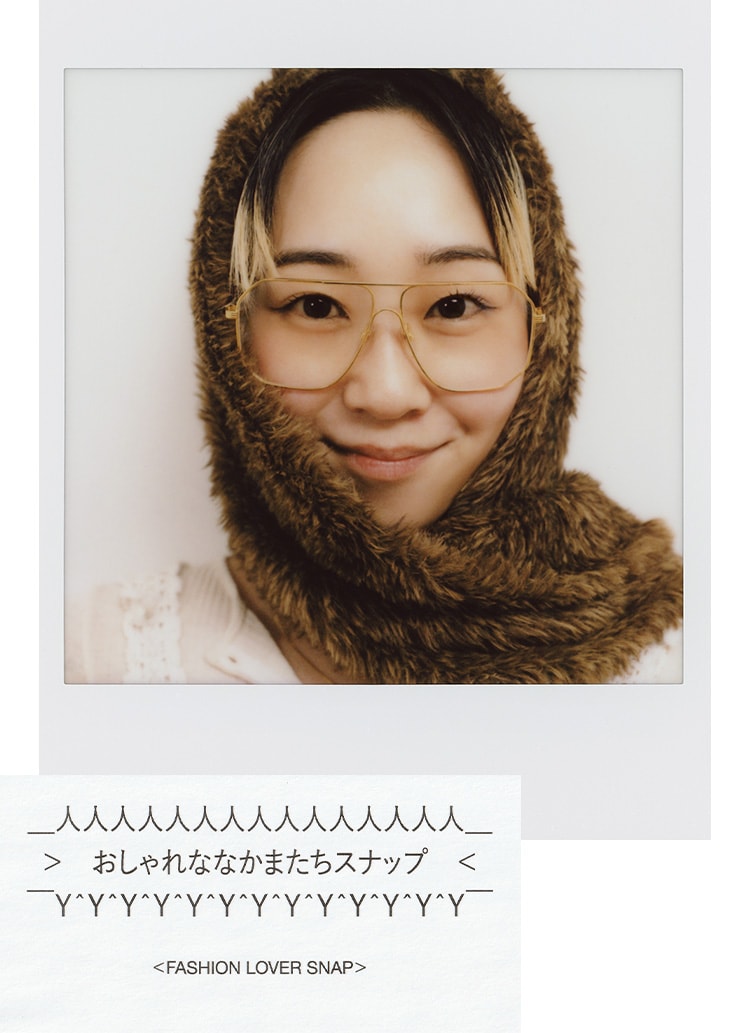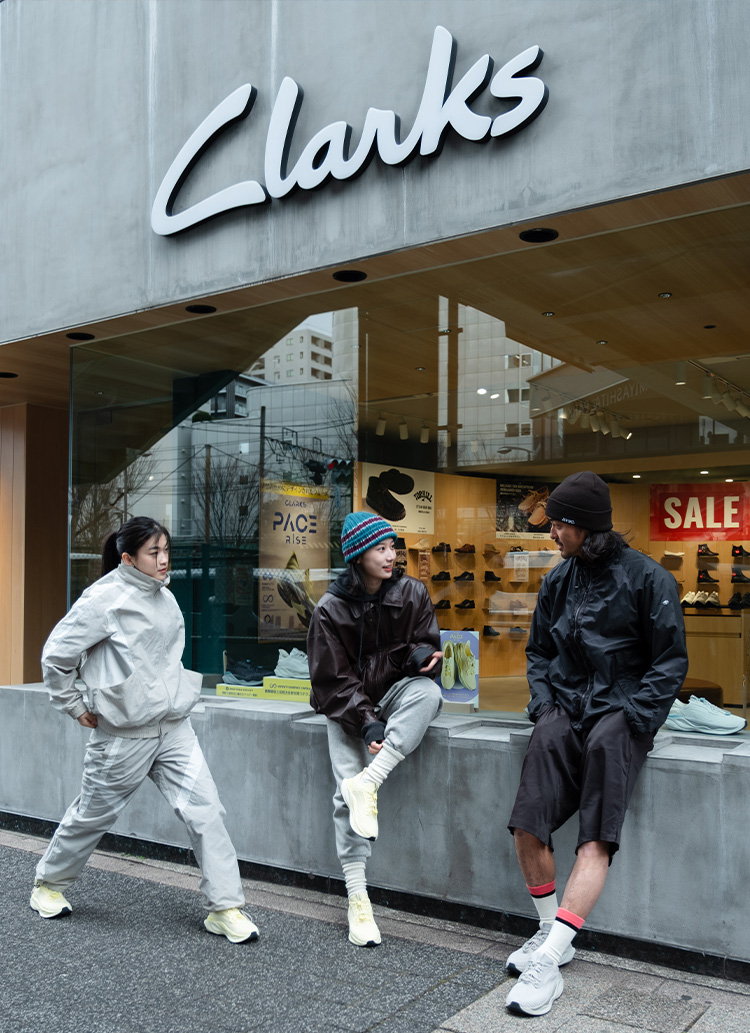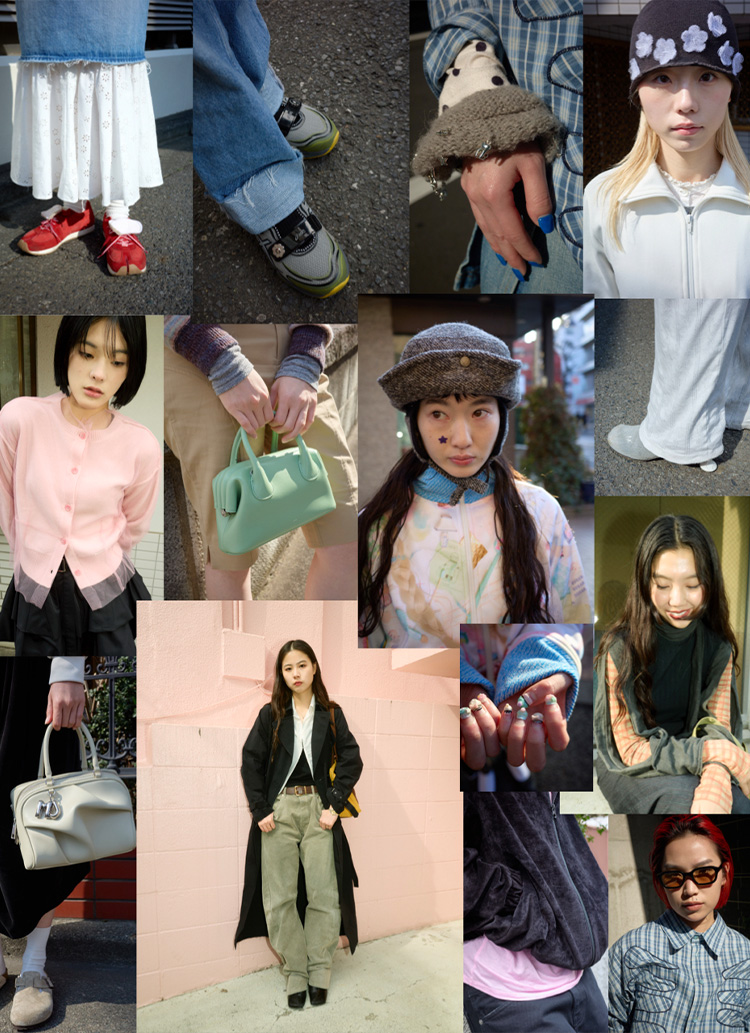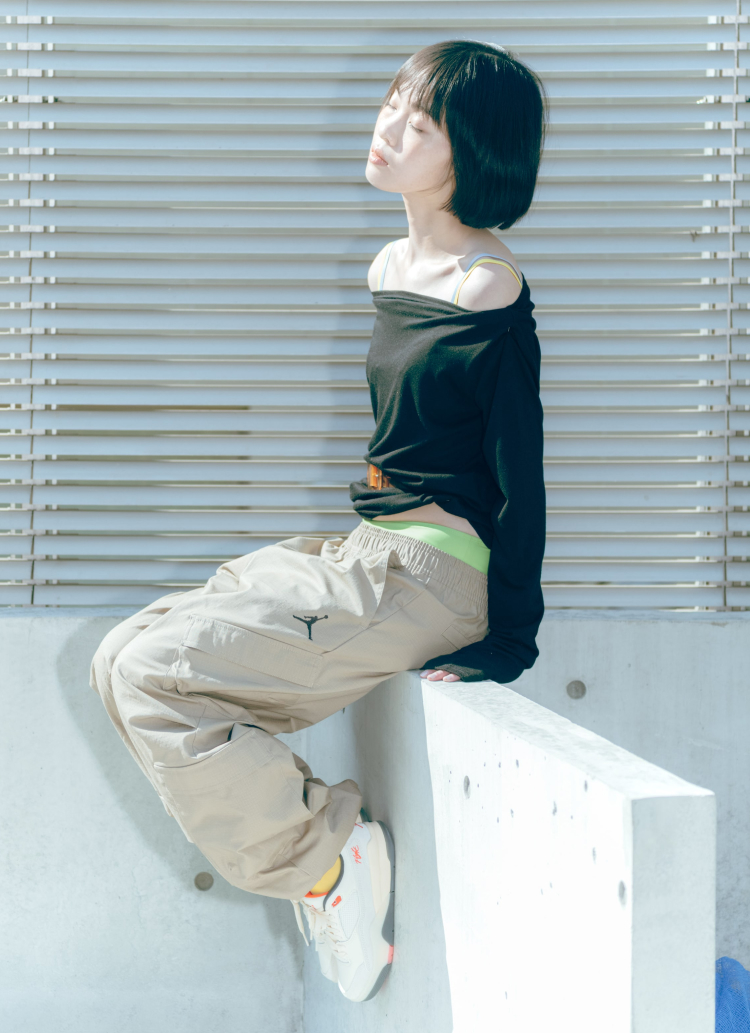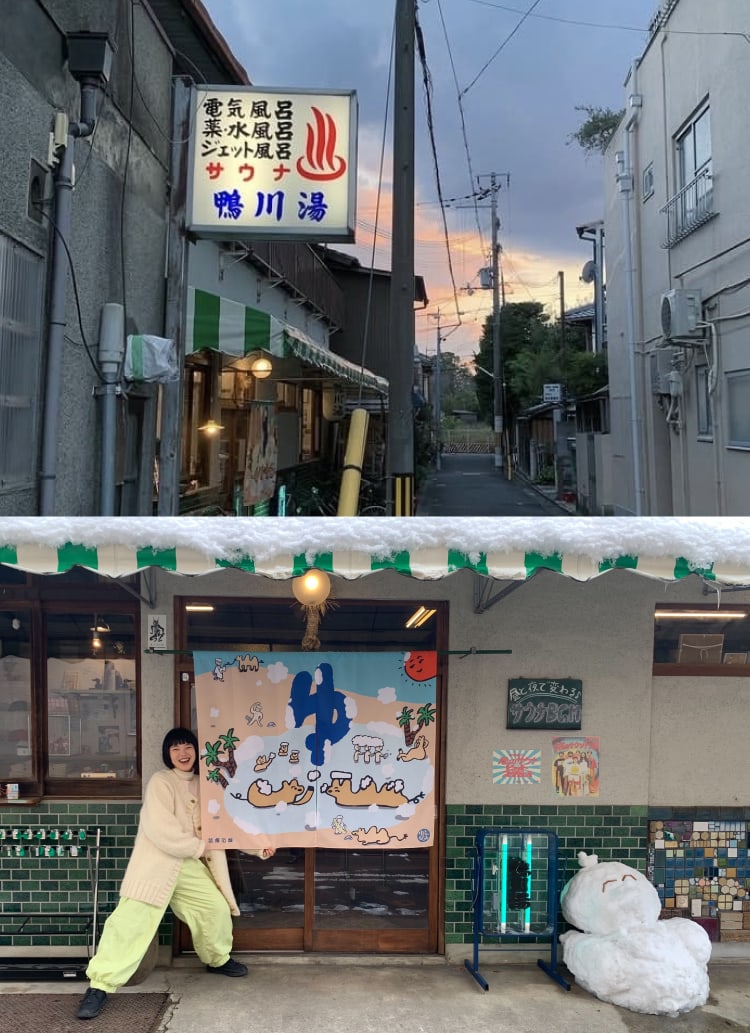Copenhagen, Denmark is consistently ranked as one of the world's most desirable cities to live in.
The city has gradually come back to life, perhaps due to the effects of the aggressive de-Corona policy since February of this year, which made it one of the first in Europe to relax its tourism restrictions.
CIFF is an international trade show with the theme of "hygge," which means "cozy time" or "fun time" in Danish. Huynem has visited the show once before.
Sneak into CIFF, a fashion exhibition with a Scandinavian flair.
It is held twice a year, and together with "Copenhagen Fashion Week" held at the same time, it is Europe's leading lifestyle fashion trade show, attracting many influential buyers and press from around the world.
This year's event was held over three days from August 10 to 12, marking the 59th time it has been held.
Among the many trade shows, the "CIFF SUSTAIN" area was established to concentrate domestic and foreign brands that were among the first to focus on sustainability, and seminars were held in the exhibition halls to discuss the sustainability perspective. The exhibition venue also uses materials that take the global environment into consideration, reflecting the ecological thinking that is rooted in Scandinavian culture.
In line with this trend, BEAMS&CO UK LTD and the Japan External Trade Organization (JETRO) have collaborated to plan "JAPAN: CRAFT & SUSTAIN," an exhibition introducing excellent Japanese craftsmanship.
As the name of the exhibition suggests, the focus was on 10 craft makers who create lean craftsmanship. It was a fresh attempt to showcase the best of traditional crafts and craftsmanship in a fashion and lifestyle trade show.
Japanese manufacturing respects regional characteristics, high quality, and sustainable and responsible manufacturing.
The exhibition was also in tune with the sustainable movement in pursuit of products that are both functional and beautiful in their everyday use, and conveyed the mottainai spirit of using good things for a longer period of time.
Shiro Ao" introduces "Asakano Kiln," which combines the traditional craft of Fukushima Prefecture's Aizu lacquerware and pottery techniques, and "Tobe ware," which has been handed down for 240 years and is made from high-quality "Iyoto" pottery from Tobe Town, Ehime Prefecture. Shiro Ao" is a pottery shop that introduces the "Asakano Kiln," which is a fusion of the two kilns.
In addition, many buyers and designers, mainly from Scandinavia, visited the exhibition, which displayed products from craft manufacturers with more than a hundred years of history, such as Koizumi Glass Works, a glass manufacturer founded in Tokyo in 1912 that melts borosilicate glass.
The exhibition was generally well received by visitors, who were able to hold the products in their hands and appreciate the high level of Japanese craftsmanship in every detail.
They seemed to be interested in the stories behind each brand and the wonderful Japanese craftsmanship that resonates with the Scandinavian "quality over quantity" lifestyle, contemporary design, and furniture aesthetics.
One of the reasons why the exhibition area attracted so much attention was the participation of five high-profile Japanese fashion and lifestyle brands near the area.
KAPTAIN SUNSHINE" is a menswear brand designed with rich materials made from high quality raw materials and reliable sewing by a Japanese factory. About his impression of CIFF, he said, "Visitors came from all over Europe, and I had the impression that there were many very enthusiastic buyers. I could feel that Japanese brands are attracting attention. We would like to actively expand overseas in the future," said Shinsuke Kojima, designer of KAPTAIN SUNSHINE.
ATON is a men's and women's brand that produces original fabrics by making the most of the original characteristics of the materials. Eirina Kubo, who is in charge of overseas marketing, says, "We would like to create opportunities like this CIFF for people to actually experience our fabrics and designs in each country with the aim of meeting more stores and customers who share our production backgrounds and philosophies. We are also considering collaborating with brands other than clothing.
LEINWÄNDE is a women's brand that combines chic and effortless femininity with Japanese craftsmanship and sustainable materials. According to Ikeda, the brand manager, "In Japan, we have been developing our brand in cities and stores that are truly compatible with our brand, regardless of the scale. This is no different overseas. We want to develop a global niche. The knit items are size free, so I would like you to try them on for the first time.
The eyewear brand "ayame" pursues timeless styles suitable for Japanese people.
Designer Yu Imaizumi said, "I was impressed by the uniqueness of the products selected and the clear identity of each brand and store compared to the Japanese market," and that he felt a certain satisfaction from being able to communicate directly with the buyers of the globally supported select stores. I was impressed by the clarity of the identity of each brand and shop.
COTODAMA LYRIC SPEAKER" is a next-generation lyric speaker that displays lyrics in sync with music.
The idea was taken from a uniquely Japanese lyric card, and many visitors came to catch a glimpse of its novelty.
During the exhibition, we were blessed with good weather, and the days were long in Copenhagen, with locals playing on the river and chatting on balconies until after 8 p.m. I felt like I was in touch with the spirituality of the people living in this country, and I sensed the possibility of expanding product sales and raising awareness," said Numata, director of the event.
———
These five companies exhibited for the first time outside Japan. All of these brands are proud of their original designs, unique fabrics made with sustainable manufacturing methods, and other Japanese technologies.
With many brands forced to refrain from traveling outside of Japan due to the Corona disaster, they have been unable to hold exhibitions and have been mainly communicating online, but at this exhibition, all brands seemed to have a renewed sense of the significance of working in a physical setting.
It was also a valuable opportunity for buyers to directly learn about the fabrics, sewing techniques, and stories behind the brands and products.
The issue of sustainability is one of the major problems that people are facing today, and through this year's CIFF, I was reminded that it will become increasingly important to tell the story of the creator's desire to use and love good products for a longer period of time.
Text_Narumi Nara
Photo_Maya Matsuura,CIFF


